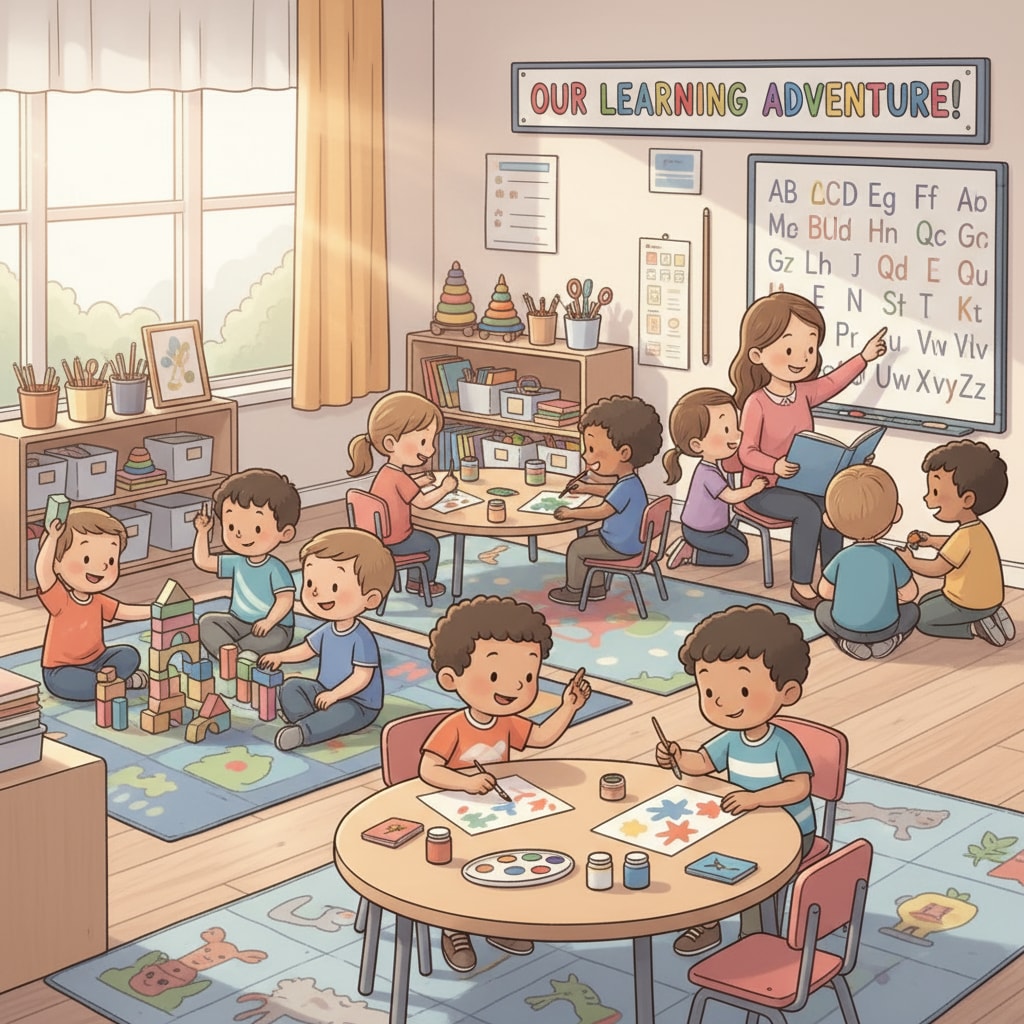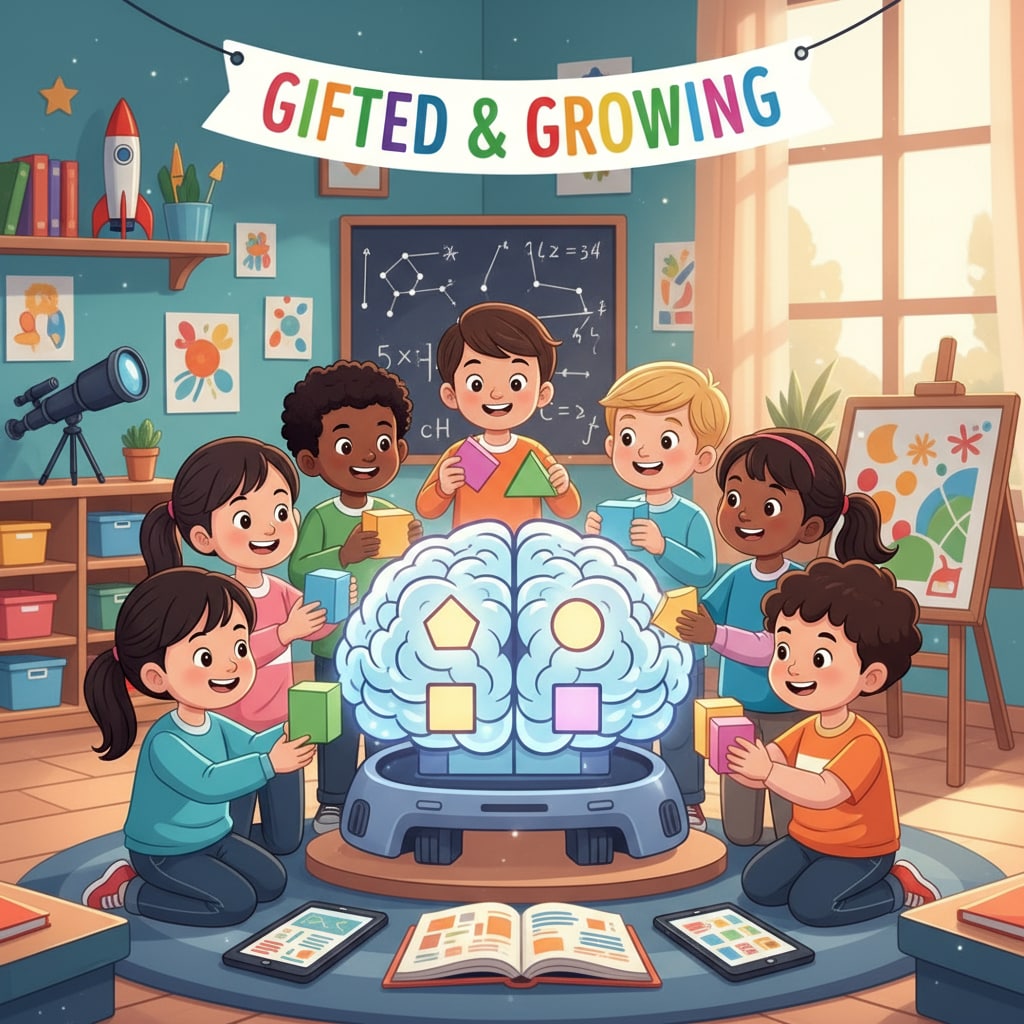The reform of New York City’s gifted programs in early childhood education has brought the issues of educational equality and elite education to the forefront. In recent years, the policy changes regarding these programs have sparked a significant debate within the education community. Early childhood education is a crucial stage, and the concept of educational equality in gifted programs has become a hot topic.

The Traditional Model of Gifted Programs
Previously, New York City’s gifted programs in early childhood education had a rather rigid selection process. The traditional model often relied on standardized tests to identify gifted children as early as kindergarten. This approach aimed to provide specialized education for those with exceptional abilities, assuming that early identification and intervention could better nurture their talents. For example, children were tested on cognitive skills, language proficiency, and problem-solving abilities. Gifted education on Wikipedia explains that such early identification was seen as a way to ensure these children received the appropriate educational resources. However, this model faced criticism for potentially creating an early educational divide.
The Push for Educational Equality
In response to concerns about educational inequality, there has been a push for reform. Advocates argue that the previous system disadvantaged children from disadvantaged backgrounds. Many children from low-income families or minority groups did not have the same access to resources or preparation for the gifted program tests. Therefore, the new policies aim to create a more inclusive environment. For instance, some reforms focus on using a broader range of assessment methods, including teacher observations and portfolio reviews. Education on Britannica emphasizes the importance of considering multiple factors to ensure equal opportunities. This shift is seen as a step towards achieving greater educational equality in early childhood gifted programs.

The debate between educational equality and elite education in New York City’s early childhood gifted programs is far from over. While the reforms are aimed at making the system more equitable, there are also concerns about maintaining the quality of education for truly gifted children. Striking the right balance between these two aspects remains a challenge for educators and policymakers alike. As the city continues to grapple with this issue, it is essential to consider the long-term implications for the development of young children and the future of education.
Readability guidance: The key points are presented in short paragraphs and simple lists. The proportion of passive voice and long sentences is controlled. Transition words like ‘however’ and ‘therefore’ are used to enhance the flow of the article.


